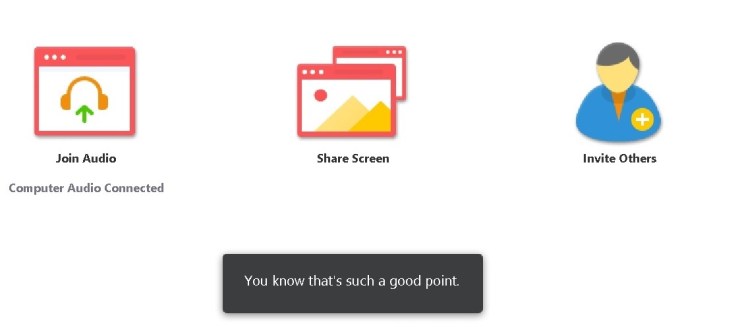These employers are dedicated to disability inclusion and recognize the benefits of hiring workers with disabilities.
 These employers are dedicated to inclusivity.
These employers are dedicated to inclusivity.
While October is National Disability Employment Awareness Month, unemployment for adults with disabilities is an epidemic in the workforce that’s seen all year, every year. In fact, according to Monster’s Future of Work survey, only 7 percent of employers include disability recruitment as part of their DEI strategy.
Yet the shift to remote work in response to the pandemic has allowed many people with disabilities (PWD) to find work and opened up new opportunities. However, many PWD are still reluctant to disclose a disability to an employer.
Fortunately, some best-in-class employers are already creating inclusive workplaces and removing barriers for PWD to find jobs. Every year, the National Organization on Disability (NOD) recognizes these top companies for not only leading the way in inclusion, but also for tapping into the many benefits that come with hiring talent with disabilities, which include high rates of productivity, strong dedication, and greater engagement at work.
Listed below in alphabetical order, are over 50 top companies across banking, consulting, financial services, healthcare, and IT. See which of the following would be a good fit for you.
Top disability employers of 2021
- AbbVie
- Accenture
- American Heart Association
- Anthem
- AT&T
- Blue Cross Blue Shield of Michigan
- Blue Shield of California
- Capital One
- Centene
- Cerner Corporation
- Children’s Hospital of Philadelphia
- Comcast NBCUniversal
- Dow
- Eli Lilly and Company
- EY
- Financial Industry Regulatory Authority
- GDIT
- Hilton Worldwide
- Horizon Blue Cross Blue Shield of New Jersey
- HSBC
- Humana
- Huntington Bank
- Idaho National Laboratory
- Independence Care System
- Kaiser Permanente
- KeyBank
- KPMG U.S.
- L’Oréal USA
- Leidos
- Level Access
- Lockheed Martin
- M&T Bank
- Marriott International
- Martinsburg Veterans Affairs Medical Center
- Mayo Clinic
- National Grid USA
- National Security Agency
- Nautilus Hyosung America
- New Editions Consulting
- New York Life
- Northrop Grumman
- PRIDE Industries
- Prudential Financial
- PSEG
- Puerto Rico Industries for the Blind
- PwC
- Randstad US
- Reed Smith
- RespectAbility
- SEI
- Skookum Contract Services
- Sodexo
- Sony Corporation of America
- T-Mobile, USA
- TD
- The Boeing Company
- The Hershey Company
- The Viscardi Center
- TIAA
- U.S. Bank
- United Airlines
- Unum Group
- W.W. Grainger, Inc.
- WeCo Accessibility Services
- Wells Fargo & Company





